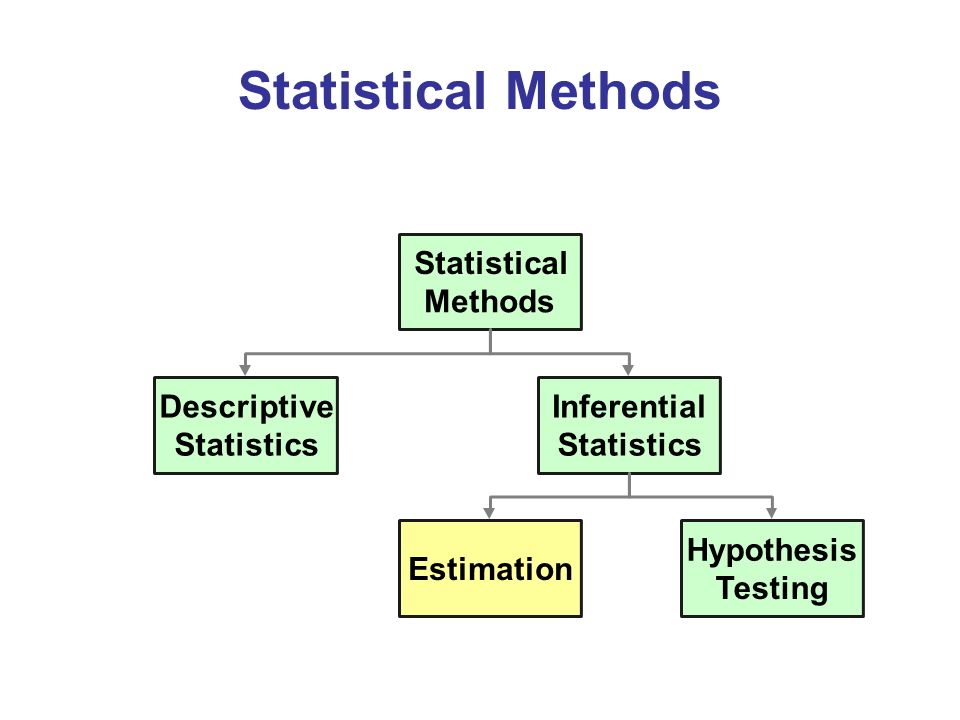In many causal studies, outcomes are censored by death, in the sense that they are neither observed nor defined for units who die. In such studies, the focus is usually on the stratum of always survivors up to a single fixed time s. Building on a recent strand of the literature, we propose an extended framework for the analysis of longitudinal studies, where units can die at different time points, and the main endpoints are observed and well defined only up to the death time. We develop a Bayesian longitudinal principal stratification framework, where units are cross classified according to the longitudinal death status. Under this framework, the focus is on causal effects for the principal strata of units that would be alive up to a time point s irrespective of their treatment assignment, where these strata may vary as a function of s. We can get precious insights into the effects of treatment by inspecting the distribution of baseline characteristics within each longitudinal principal stratum, and by investigating the time trend of both principal stratum membership and survivor-average causal effects. We illustrate our approach for the analysis of a longitudinal observational study aimed to assess, under the assumption of strong ignorability of treatment assignment, the causal effects of a policy promoting start ups on firms survival and hiring policy, where firms hiring status is censored by death.
翻译:暂无翻译



